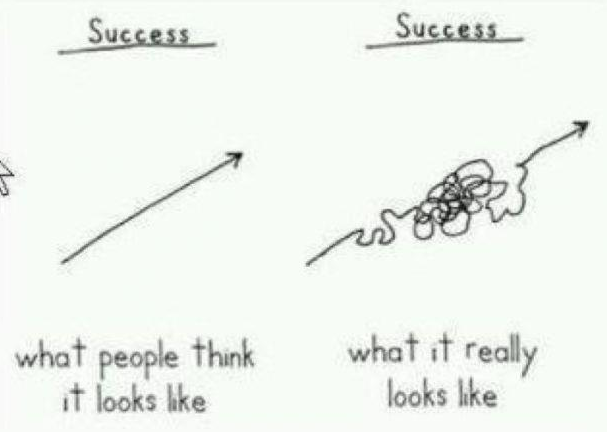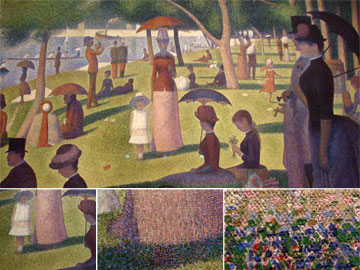Your writing career is not a lottery ticket.
A mere hope.
A mere chance.
To become what you intend to be.
This week I attended BookExpo in New York City – a tradeshow featuring hundreds of booths of publishers, authors, and everyone involved in the publishing process. The key word for a show like this is: “buzz.” What is a “buzz” book? What book do we think will be big, or what book is profoundly interesting? Many are guessing. They are hyping. Hoping. Trying to convince others that they have gold.
So here I am in a room with all of the insiders in publishing, all with big expensive booths pushing their best upcoming books – stuff that will come out in the Fall, and here we are, hoping.

It strikes me that many writers feel far removed from this place. That they feel it would be a high point of their career to even have a book that is featured by anyone at BookExpo. But when you walk around the show floor, you can’t help but feel overwhelmed. That even those authors who have “won” the publishing lottery by getting an agent, getting a publisher, and being featured at BookExpo – even at that level they are just one book among thousands to come out this Fall. And this cycle happens again and again several times a year. Thousands more. Thousands more.
I have been thinking a lot about how writers can stack the deck in their favor – to hone their skills and creativity in order to produce great work, and with greater frequency. Where they do not just hold a single lottery ticket in their hands, but rather, they have the ability to create their own luck.
“We don’t grow into creativity, we grow out of it.”
– Sir Ken Robinson
This is a quote shared by Corbett Barr at another conference I went to this week: Blogworld. Corbett made the point that you need to cultivate creativity, and not just wait for lightning to strike. This is a skill that you build. Malcolm Gladwell famously shared the idea that you need to work on something for 10,000 hours in order to find success. That quantity is what matters most. But quality matters too – that you need to also challenge yourself to push outside of your comfort zone, otherwise you just create more of the same stuff again and again for those 10,000 hours, all at the same low level of quality.
|
“Your Writing Career Is Not A Lottery Ticket.” TWEET THIS |
This is an issue I have been obsessed with recently, so much so that I am in the process of developing a resource that deals specifically with this topic. It is a partnership with Gabriela Pereira, of DIYMFA.com, a resource for writers to hone their creative process, to ensure it is a skill that they can leverage when they need, not just when lightning strikes. More on that later in the summer.
Coming away from BookExpo and Blogworld, I can’t help but feel enthused. I met so many people who were focused not just on creating “buzz,” but on creating meaning. On trying to create a positive impact on others, and ensure that their work has a lasting legacy. For some, it is with the books that their company publishes. For others, it is via their own creations or business ventures.
But if you are a writer. A creator. If you have a vision. I encourage you to not just wait to be discovered. Not just offload the means of success to others. This is a skill. One that you need to develop.
Thanks.
-Dan


